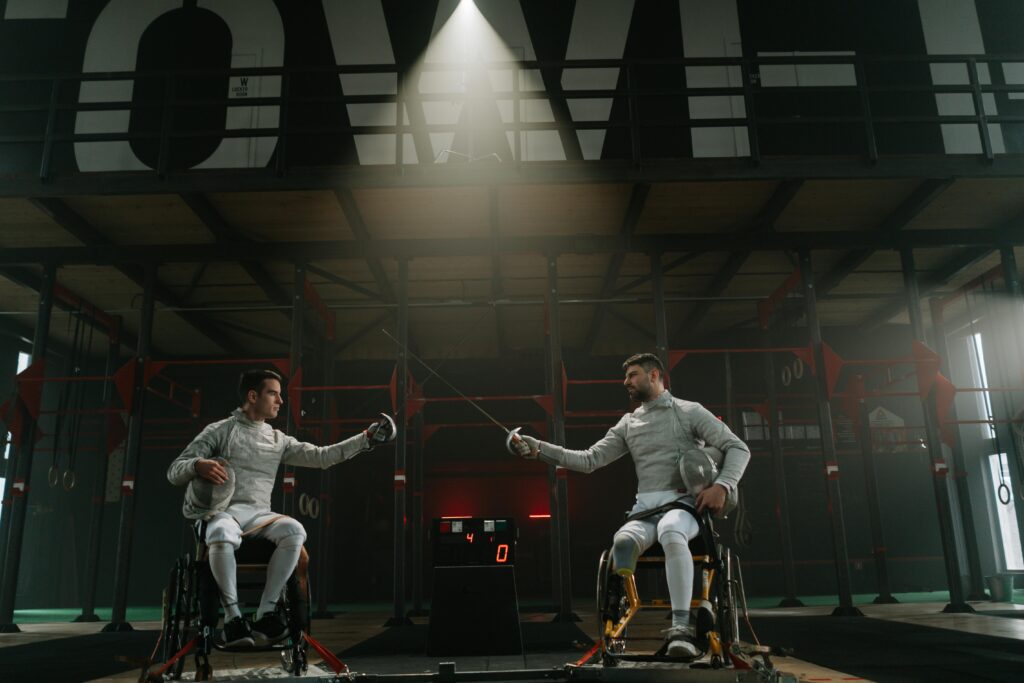Fashion has always been associated with glamour and artistry, but in recent years, it has also become a hotbed of technological innovation. Varsha Paul stands at the intersection of these diverse worlds, seamlessly blending her engineering expertise with a thriving career in modeling and pageantry.
Right now, fashion technology is growing with things like AI in design, sustainability, and digital fashion. In this field, people with different skills are valuable because they tackle old problems in new ways and come up with unique solutions.
Today, we’re honored to interview Varsha Paul, a program manager who became a successful fashion model. She started by engineering power circuits and ended up owning the catwalk, which tells so much about the flexibility and dynamism associated with the fashion industry.
1. The change from engineering to fashion is quite interesting. How do you think your technical background contributes to your modeling and pageantry?
It has just given me more confidence and independence to pursue my passion.
2. Technology is gradually becoming the new trend in the fashion industry. As someone with a foot in both worlds, what innovations do you think will have the biggest impact on fashion in the coming years?
The fashion industry is on the cusp of a technological revolution, and several innovations are set to reshape it in the coming years.
AI and Machine Learning, 3D printing, sustainable smart materials, blockchain, more wearable tech gears, not just straight ramps, automation in productions are just a few examples of how technology can help fashion in coming years.
3. You have been identified among the top female executives to follow. How do you see yourself helping other STEM professionals who may be interested in fashion?
I’m currently preparing myself to help other STEM professionals who are interested in fashion which involves offering guidance, resources, and encouragement to explore this unique intersection. I can’t wait to share my journey, struggles, what I’ve learnt from it, mentor those interested in learning the same and broaden the ideas of showcasing STEM in fashion.
4. With your background as a program manager who transitioned to becoming a model, which of the management principles do you find relevant in the fashion industry?
Pretty much everything.
The fashion industry is dynamic and fast-paced, making certain management principles highly relevant to ensure success. Be it planning or innovation & creativity or leadership and quality management, applying these principles ensure that the creative aspects of fashion align with the practical, operational and strategic goals.
5. A new trend called ‘smart fashion’ is on the rise. Which aspects of clothing do you think could be improved with technology and what can be expected to be offered to the market soon?
Colour changing polymer, dresses with multifunctional embedded circuits, any sustainable technology are some of my choices in prediction.










